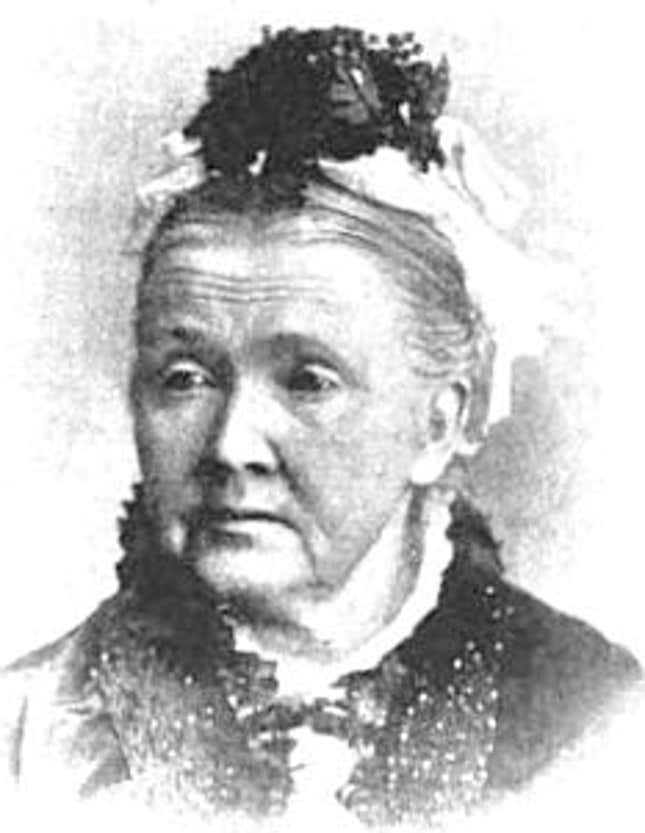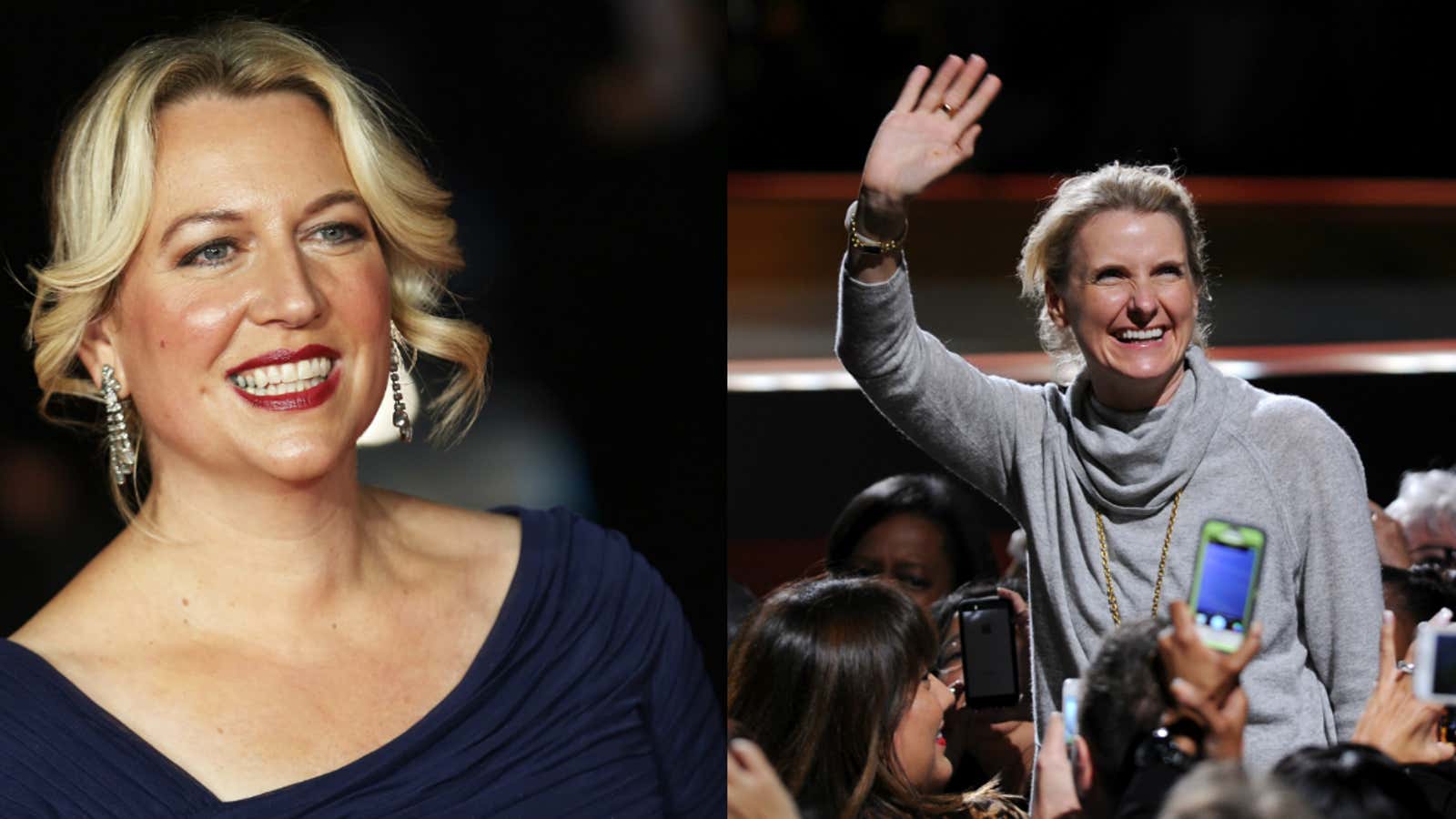The Compassion Collective—founded by Elizabeth Gilbert, Cheryl Strayed, and three other award-winning female authors—has launched a new campaign to honor the historical roots of Mother’s Day. The group, which made headlines in December 2015 by collecting over a million dollars for Syrian refugees in 31 hours, is now collecting donations for unaccompanied refugee children and homeless American youth in honor of Julia Ward Howe’s original vision for the holiday.

Howe, an American social activist and slavery abolitionist, issued the “Mother’s Day Proclamation” in 1870, calling on women to come together to promote peace and compassion—and making a pointed criticism of the patriarchy:
Arise, then, women of this day! Arise, all women who have hearts! Whether your baptism be that of water or of tears! We will not have great questions decided by irrelevant agencies, our husbands shall not come to us, reeking with carnage, for caresses and applause.
Howe’s proclamation was made in response to the carnage wreaked by the Civil War, which had ended just five years earlier, in 1865. It’s a call for pacifism and unity, suggesting that mothers and wives are the best positioned to bring this about:
Our sons shall not be taken from us to unlearn all that we have been able to teach them of charity, mercy and patience. We women of one country will be too tender of those of another country to allow our sons to be trained to injure theirs.
In other words, rather than a day for women to be passively honored, as it’s widely celebrated now, Mother’s Day was intended to be a day for mothers to step up and take action. The holiday is ”about love that throws open the door and marches out of our homes, beyond our fences and neighborhoods and into the hurting world to feed the hungry, shelter the homeless, comfort the hurting, mother the motherless,” according to The Compassion Collective.
Today, becoming a “mother” for someone who doesn’t have one is a good way to carry out Howe’s original vision.




